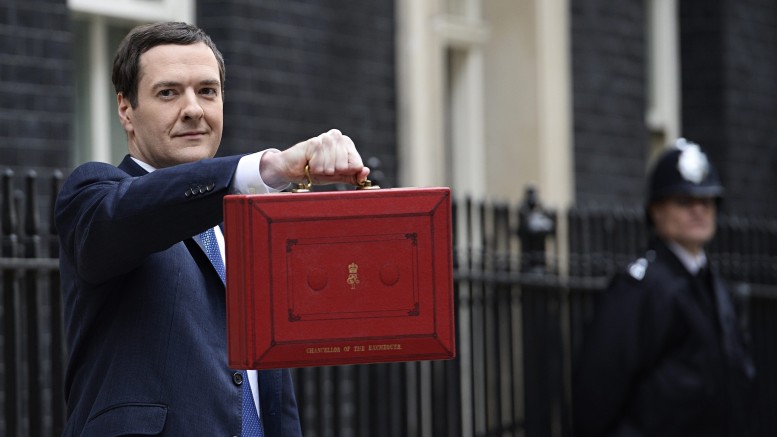George Osborne’s recent budget seems to be a budget of bad news, for many sectors of society, though may offer some small hope to the aspiring home-owner. Private landlords may have been hit with a double ‘whammy’ in the changes that affect them, but also in the implications of the benefit ‘cap’ for the tenants who live in their properties. Sharon Betton, landlord advisor with the Bolton Bond Board and author of The Landlord Good Management and Practice Guide, gives her verdict.
Perhaps the most expensive change introduced by the Chancellor will be the change to the tax relief that is payable on the interest on buy to let mortgages, which will now be restricted to basic rate of 20%. As there are estimated to be just over 1.6 million buy-to-let mortgages, it is not surprising that the Treasury believe this will save them £6.3 billion a year when higher rate tax payers, on 45% and 50% are excluded from benefit.
The other ‘hit’ for landlords was the ‘Wear and Tear’ allowance of 10% which they could deduct from their taxable profits, whether they had maintained and/or improved their properties or not. Now they will be required to prove that they have improved their properties before they can make a deduction for ‘Wear and Tear’. Many landlords must be impressed that the Chancellor can fix a budget and also change our usage of the English language! ‘Wear and Tear’ refers to a deterioration over time of items provided by the landlord. It seems ludicrous that carpets which have deteriorated cannot have a tax allowance unless new windows have been installed!
Both these measures could lead to rent rises, to cover the loss of tax relief and this will lead to further stories about ‘greedy landlords’ when they will have no option if they are to make mortgages payments and maintain the properties as they should be. That is the other implication – that tenants who have raised expectations want their properties to be improved and if the income landlords receive is not sufficient to do that, they are the ones who will be disappointed and in some cases, suffer.
The other major change which will affect landlords indirectly will be the benefit cap which has reduced to £23,000 in London and £20,000 in the rest of the country. Many people believe that the British benefit system is too generous – looking at statistics provided by Lord Freud in, this seems to be a justified viewpoint; we account for 7% of the World’s welfare spending, with only 1% of the population. There is an imbalance, which must be addressed, but capping benefits will lead to even greater rent arrears, tenants being made homeless and landlords refusing to let to the benefit dependent. But the cap will have dramatic consequences. A four-child family outside London would find themselves with an entitlement to no benefit; how is that family to pay their rent? If there is no entitlement to benefit to cover the housing element of universal credit, will it be possible to re-coup rent arrears?
The welfare reforms seem to be bedding in. Lord Freud reports that Universal Credit is now available at 45% of all job centres in the UK so more and more landlords will find their tenants migrating onto it. Landlords will find their profits decreasing and their problems increasing; the budget seems to have added to this.
For advice on buy to let – General Knowledge




Be the first to comment on "The Post-Election Budget"